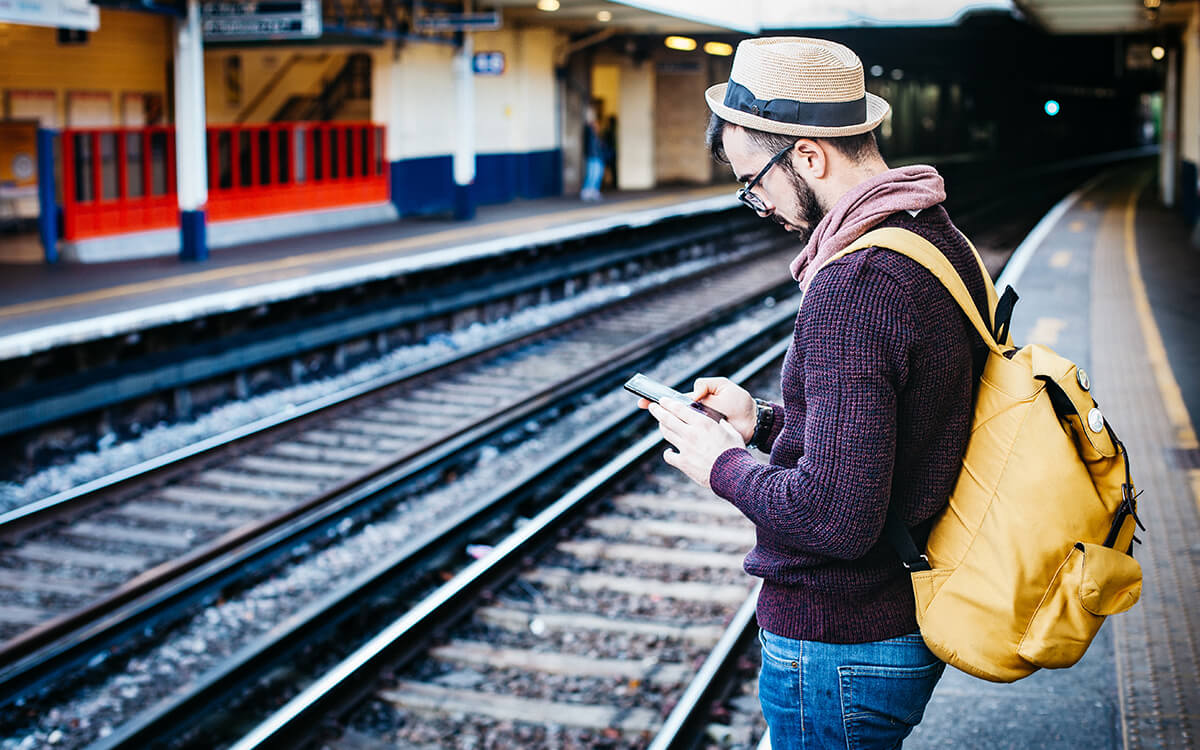Why a VPN is Essential for Travel
While most seasoned travelers know to pack things like electricity converters and extra battery packs when they travel, a new essential has recently been added to the travel list: A VPN or virtual private network. VPNs let you access sites that may be blocked by the government of the country you’re visiting or even just access sites in your home language, making them a must-have for any trip.
A recent event in Vietnam — an increasingly popular tourist destination — highlights the importance of having a VPN when you travel. In June, the country suffered a major environmental disaster when thousands of tons of fish washed up up on the shores of the central region. No explanation was given for the mass deaths, but the belief that the fault lay with corrupt government officials making deals with a Taiwanese steel plant soon circulated on Facebook and underground news sites. The next step? People took to the streets of every major city.
Protesting the government might not seem like a big deal in some part of the world, but protesting is illegal in Vietnam, which means that people risked serious personal harm in order to get the word out. They also, like social movements across the world, utilized tools like Facebook and Twitter in order to not only connect with fellow protestors but to get the word out about what was happening in Vietnam.
The government’s response, predictably, was to shut down Facebook, Instagram, and Twitter for four weekends in a row. Reports came in that access was spotty and seemed to be especially bad on mobile. However, protestors and tourists alike were able to access the blocked sites by rerouting their IP addresses with a VPN.
That’s because a VPN hides your data and your location from the view of anyone from hackers who want to steal your data to governments who want to keep you from seeing videos about protests on Facebook. Instead of connecting with the internet through whatever (potentially insecure) network in your current physical location, a VPN reroutes your data through a server in a different location and encrypts it.
And Vietnam isn’t the only country that restricts social media. China is the most famous, but there are different levels of access in countries across the world. Accessing your favorite media services can also be difficult depending on where you are. A VPN can reroute your data through a server in your home location, giving you access to all of your favorite sites as if you were there. Finally, a lot of countries censor or completely block content they deem controversial, which is something a lot of people don’t even consider until it’s too late.
It’s easy to forget — or just not know in the first place — that access to the internet is not as open in most of the world as you're used to. Whether you’re moving abroad for a new job, just taking a vacation, or joining the digital nomad movement, make sure you don’t lose access to your favorite sites by making sure you have a VPN downloaded before you leave home.
Photo courtesy of @clemono2
Share this postInstall Tenta Browser Free!
Start protecting your online privacy today with Tenta Browser.



